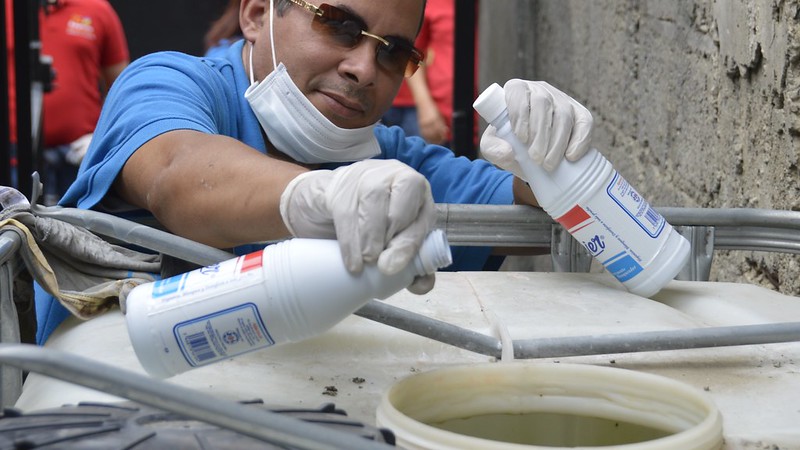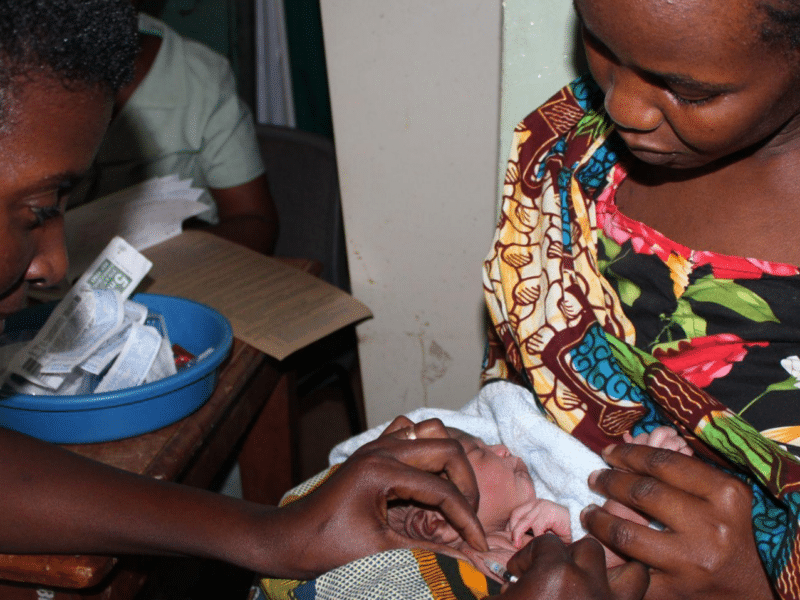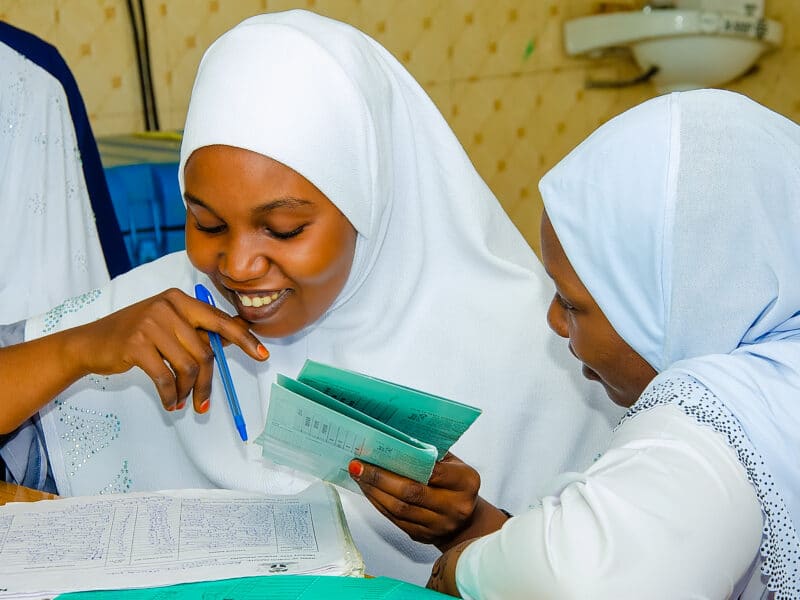Successful programs to prevent the spread of the Zika virus in the Dominican Republic should include a focus on ways in which gender roles may contribute to transmission of the disease, new Johns Hopkins Center for Communication Programs research suggests.
Zika, which sickened more than 220,000 people in the Americas from 2015 to 2018, is still a threat throughout the region. It disproportionately impacts women and can cause serious neurological birth defects and development delays in babies born to women who contract Zika during pregnancy. While it is mostly spread by mosquitoes, it can also be sexually transmitted.
The new research, published March 6 in PLOS Neglected Tropical Diseases, was based on feedback from 88 individuals in 12 focus group discussions with either women or male partners of pregnant women and eight in-depth interviews with male partners of pregnant women of in the Dominican Republic. What they learned could strengthen efforts to prevent the spread of Zika going forward.
“Critically examining the ways in which gender roles may affect Zika prevention behaviors is essential if current and future programs wish to reduce the burden of Zika and other similar mosquito-borne illnesses throughout the region,” says CCP’s Tilly Gurman, DrPH, MPH, the study’s lead researcher.
Reducing the transmission of Zika is complicated because it requires people to engage in multiple prevention efforts, from scrubbing water storage containers regularly in order to get rid of any mosquito larvae to wearing insect repellent to using condoms during pregnancy, which can help prevent sexual transmission to the mother and her unborn child.
The researchers found three key ways in which gender may influence Zika prevention.
First, women are largely responsible for household chores including cleaning water containers. Second, men described their role in the family as the “protector.” Third, men and women told researchers that their partners would perceive suggesting condom use or abstinence during pregnancy as a sign of infidelity.
One focus group participant said condom use during pregnancy just isn’t feasible: “To preserve the marriage, it is better not to use it. Why? Because you are going to go, now that your wife is pregnant, and you tell her ‘we are going to use this condom.’ She is going to [ask] you, ‘Who have you been with? Where were you?’ And she’s not going to want to have anything to do with you … So that’s what I mean that it’s very difficult.”
But an education campaign could help and once couples understand why condom use during pregnancy can be helpful to stem Zika, Gurman says, “programs can begin to tackle the gender roles that affect condom use during pregnancy and address myths, beliefs and misconceptions about condom use.” One survey found that roughly one in five men and women were aware that condoms could reduce the risk of Zika transmission.
“Zika programs that strategically work towards integrating gender into their efforts will not only challenge gender inequalities and restrictive norms but may ultimately be more effective in achieving long-term sustainable outcomes,” the authors note.
Condom use during pregnancy can also be framed as a way that men can protect their families and a way couples can work together to protect their families.
Prenatal care visits – which are common in the Dominican Republic – can become a place where men are welcomed and health facilities can work to decrease the stigma around condoms and pregnancy and reduce the association between condoms and infidelity.
“The role of gender in Zika prevention behaviors in the Dominican Republic: Findings and programmatic implications from a qualitative study” was written by Tilly Gurman, Anne Ballard Sara, Florentina Villanueva Lorenzo, Desiree Luis, Gabrielle Hunter, Sean Maloney, Ryanne Fujita-Conrads and Elli Leontsini.
This research was made possible by the United States Agency for International Development (USAID) under the Breakthrough ACTION Cooperative Agreement #AIDOAA-A-17-0017. Breakthrough ACTION is based at CCP.





